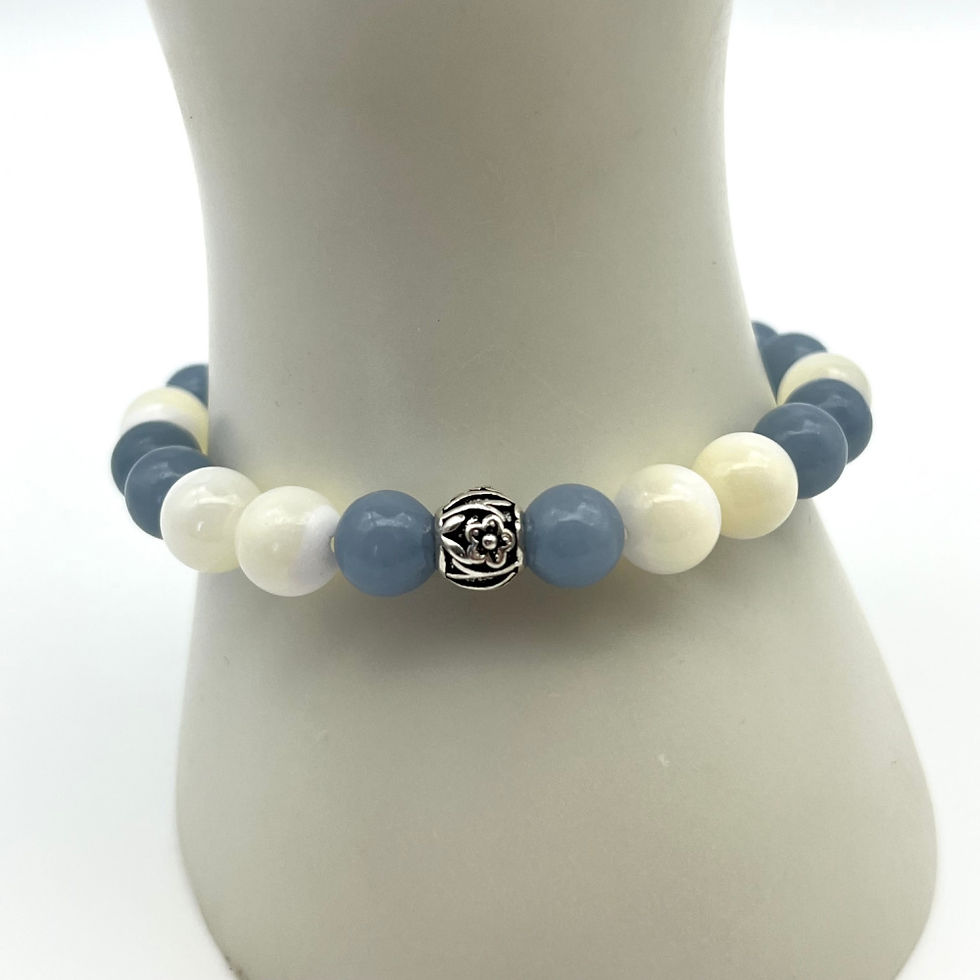collaborative guest post
To have truly healthy hair, it needs to grow healthy, and the scalp needs to be provided with everything it needs to function at its peak. This includes nutrients, plenty of blood flow, and oxygen.
All of these things help contribute to healthy hair growth, and, as a bonus, they are also great for your body as a whole.
Below are 7 positive lifestyle changes that you can implement for your hair health and your overall health.

Ditch the cigarettes
Hopefully, you didn’t need another reason to start trying to stop smoking. But, since cigarettes may compromise the health of your hair, you can add healthier hair to the list of benefits.
As it turns out, hair can’t only be damaged and dried out externally from the constant swirl of burning material around your head, but smoking can cause DNA damage to your follicles from the inside, too.
If you are driven to have the healthiest hair possible, ditching the cigarettes needs to be #1 on your list.
Make sure your nutrition is optimal
Your hair follicles need sufficient protein, iron, and zinc in order to produce healthy and fast-growing hair. So, if you wind up deficient in these nutrients (among others), you may find that your hair isn’t growing as fast or looking quite as healthy and shiny as usual.
Eat a varied and well-rounded diet to maintain optimal hair health, get your blood levels checked by your doctor every once in a while, and help correct any deficiencies with a more balanced diet or supplementation. Always be sure to talk with your doctor for recommendations on food vs. supplementation when you discover you have a deficiency and they can help point you in the right direction for you.
There are natural options to promote hair growth and hair health such as ones offered by Allurium Beauty. With some simple steps, you can see healthier, fuller, longer hair.
Stress out less
Too much stress can raise your cortisol levels over the long term. And, if chronic stress goes on for too long or you are met with a significantly stressful event like a severe illness, giving birth, surgery, or the death of a loved one, your hair may start shedding due to stress-related telogen effluvium.
Telogen effluvium tends to occur a few months after a stressful event and may cause a significant portion of your hair to be shed rapidly. Luckily, once the event is recovered from, the hair tends to return to its natural state and thickness, but learning stress relief techniques is key here.
Practice healthy stress-relieving activities like regular exercise, yoga, meditation, opening up to friends and family, or talking to a professional about your feelings.

Engage in regular exercise
Regular exercise is great for your body, and can also do wonders to help keep your overall stress levels in check.
On top of that, regular exercise helps to bring a flood of circulation, improved blood flow, oxygen, and nutrients to the scalp.
The net result is a healthier scalp with everything it needs to produce healthy hair.
Always talk to your doctor before starting up a new exercise routine to choose something that works the best for you and your current conditions. Also, try to choose something that you enjoy and will stick with long term.
Walking, jogging, dance classes, and swimming are all great options to get moving and get your blood pumping.

Have regular checkups
Sometimes an underlying health condition that goes unnoticed can cause changes in your hair health or thickness.
We already mentioned the importance of having your important nutritional markers measured and in range, but health conditions like thyroid abnormalities and even diabetes can lead to declines in hair health or increased shedding as well.
To ensure that you catch these issues as soon as possible, be sure to get regular checkups with your doctor so that they can assess your nutrition, thyroid, and blood sugar levels.
Get adequate sleep
When you sleep your body goes to work healing and renewing itself from the stressors of the day. This also includes ramping up growth hormones that signal skin cell turnover, and hair and nail growth.
If you are not getting adequate sleep, or are not getting very restful sleep, it may start showing up in the health of your hair, skin, and nails.
Aim for a full 8 hours of sleep each night as one of the most effective steps in your beauty routine.
Stay hydrated
While we don’t usually connect the importance of being well hydrated to hair health, your hair is actually composed of about 25% water.
Hydration helps the hair follicle and scalp structure stay plump and healthy to lock the hairs in place, and may even keep the hair from looking dry and brittle as it grows.
Try to get your full 8 X 8-ounce glasses of water each day. The overall health of your hair and skin will thank you.
About the Guest Author - Jill Barat
Jill Barat, is a Doctor of Pharmacy at Strut Health with a unique background in specialty pharmacy, innovative compounding products, supplements, and integrative medicine with a passion for helping patients live their best lives.








.png)





































